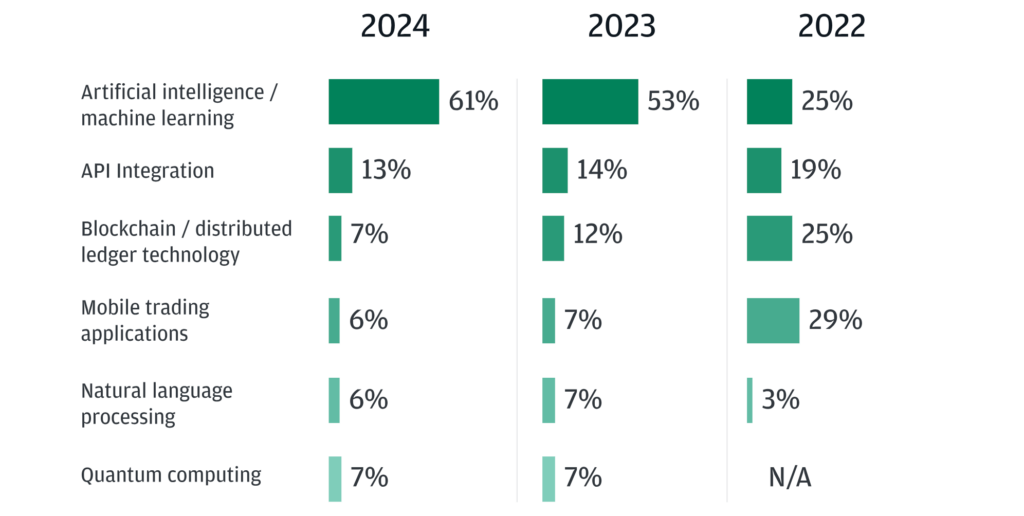LLM Suite, an AI-driven tool comparable to ChatGPT, is introduced by JPMorgan Chase to enhance productivity in its asset and wealth management division.
The investment banking giant JPMorgan Chase is reportedly implementing an in-house variant of a generative artificial intelligence product similar to ChatGPT, capable of performing the duties of a research analyst.
JPMorgan’s asset and wealth management division employees were granted access to the recently introduced generative AI tool, LLM Suite, designed to assist them in document summarization, idea generation, and writing.
An internal memo co-signed by Teresa Heitsenrether, the company’s chief data and analytics officer, Mike Urciuoli, the managing director, and Mary Erdoes, the CEO of JPMorgan Chase’s asset and wealth management division of the business, introduced the tool.
Can generative AI replace JPMorgan research analysts?
The Financial Times reviewed the memo and explained the employees:
“Think of LLM Suite as a research analyst that can offer information, solutions and advice on a topic.”
JP Morgan clarified that LLM Suite is a “ChatGPT-like product” that can be integrated with other internal systems that manage sensitive financial information to enhance “general purpose productivity.”
FT reported that the bank published the LLM Suite in early 2024 and granted access to 15% of its workforce (50,000 employees). Nevertheless, JP Morgan has not publicly acknowledged the appointment of its new AI research analyst, LLM Suite.
According to a Bloomberg report, JPMorgan developed an AI tool last year that analyzes Federal Reserve statements and speeches to identify potential trading signals.
Analysts can identify policy changes and receive notifications regarding trading indications through the AI tool. According to reports, Joseph Lupton, an economist at JPMorgan, stated that preliminary applications are promising.
Institutional traders are increasingly advocating for AI.
JPMorgan recently surveyed 4,010 institutional traders, and the results indicated that 61% of the respondents consider AI to be the most influential technology in the future of trading.

Most participants, dispersed across 65 countries, anticipate that AI and machine learning will become the most influential trading technologies within the next three years.
Blockchain or distributed ledger technology and quantum computing received 7% of the votes, while 13% of the respondents anticipated a more substantial impact from API integration.



